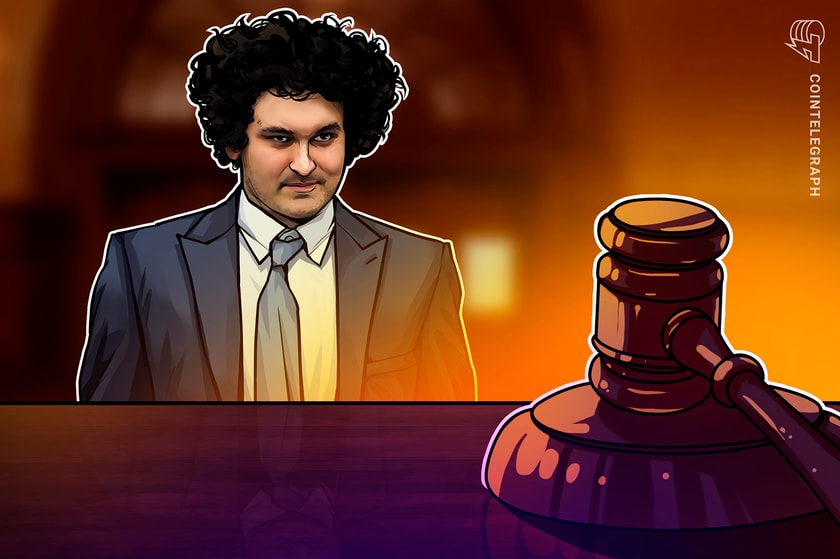
The court cited Sam Bankman-Fried’s alleged witness tampering as the main grounds for rejecting his release bid.
FTX founder and convicted fraudster Sam Bankman-Fried will stay jailed after failing to convince a United States appellate court that he should be freed while his legal team appeals his conviction.
In a Nov. 21 mandate, the U.S. Court of Appeals for the Second Circuit said Bankman-Fried’s previous attempts to tamper with two witnesses while on pretrial release was a major reason behind rejecting his request.
“We have reviewed the Defendant-Appellant’s additional arguments and find them unpersuasive,” the court said.

Government prosecutors accused Bankman-Fried of leaking Caroline Ellison’s diaries to The New York Times in July, which caused his bail to be revoked by a New York District Court.
Bankman-Fried argued the New York court failed to consider that he was engaged in activity considered freedom of speech protected under the First Amendment.
The appellate court, however, said the New York District Court ruled correctly and that witness tampering “falls outside the zone of constitutional protection.”
The 2nd Circuit has — rather belatedly — denied Sam Bankman-Fried's appeal of his pretrial detention.
— Molly White (@molly0xFFF) November 21, 2023
"The record supports the district court’s conclusion that there was probable cause to believe
that the Defendant-Appellant attempted to tamper with two witnesses".
Bankman-Fried’s legal team also argued that the District Court failed to consider a less restrictive alternative to detention.
Related: FTX claims climb to 57% as Sam Bankman-Fried found guilty on all counts
That argument was struck down, with the court stating that the District Court “thoroughly considered” all relevant factors, including Bankman-Fried while he was on pretrial release.
Bankman-Fried was found guilty of seven fraud and money laundering-related charges on Nov. 2.
The former FTX CEO will remain behind bars while he awaits his sentencing on March 28 next year.
Magazine: Deposit risk: What do crypto exchanges really do with your money?













